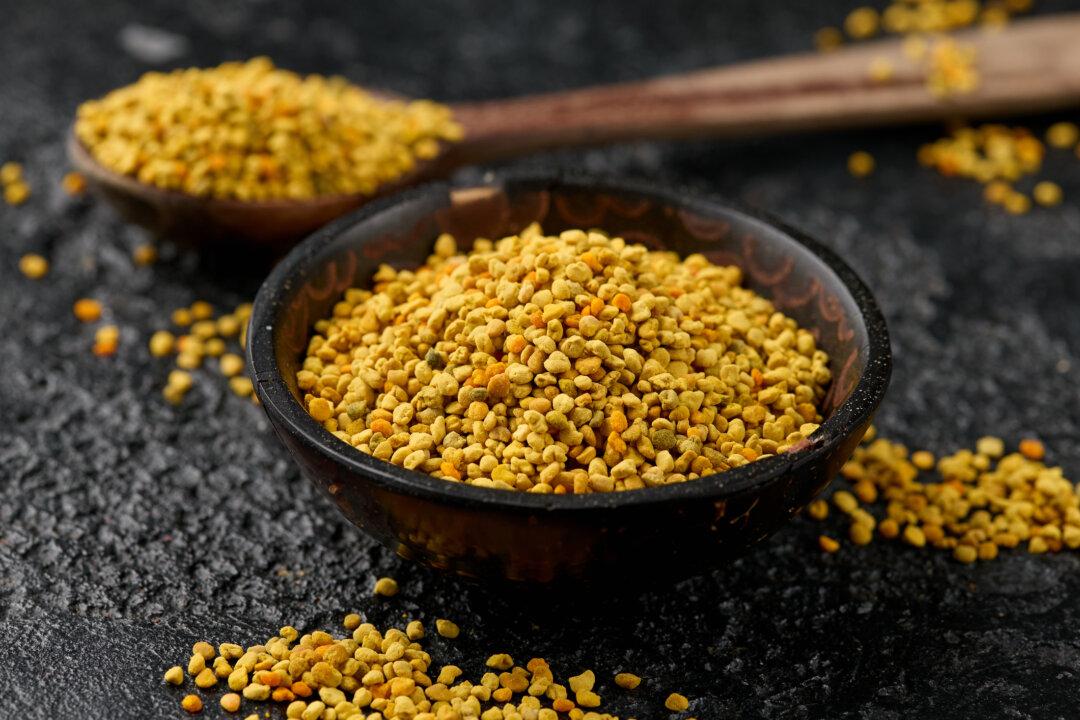With more than 40% of U.S. adults reporting weight gain during the pandemic, many turned to diets or supplements for weight loss support. One supplement, raspberry ketone, is widely used as a food flavoring substance and has grown in popularity in recent years for weight loss. EN examines the scientific support and safety for this supplement.
Background
Raspberry ketone (RK) is an aromatic compound naturally found in many foods, most notably in red raspberries and other berry fruits. Due to seasonal limitations and the expense to extract naturally occurring RK, most commercially available RK is chemically synthesized for use as a flavoring agent in processed foods and cosmetics. RK first entered the dietary supplement scene approximately a decade ago when it was featured on a national talk show for its “fat burning” potential.Evidence
With high doses of RK, cell studies report fat burning effects such as increased fatty acid oxidation and decreased lipid accumulation. In animal studies, RK prevented increases in body weight and adipose tissues when rodents consumed a high-fat diet. While RK is marketed as a clinically proven weight-loss product, there is limited clinical data in humans to support this claim.A 2013 study examined the effects of 2,000 milligrams (mg) of an ingredient blend containing RK on weight loss in 70 overweight adults. In this 8-week study, participants followed a calorie-restricted diet and engaged in moderate exercise. Those who consumed the supplement lost more body weight and fat mass than the placebo group.


